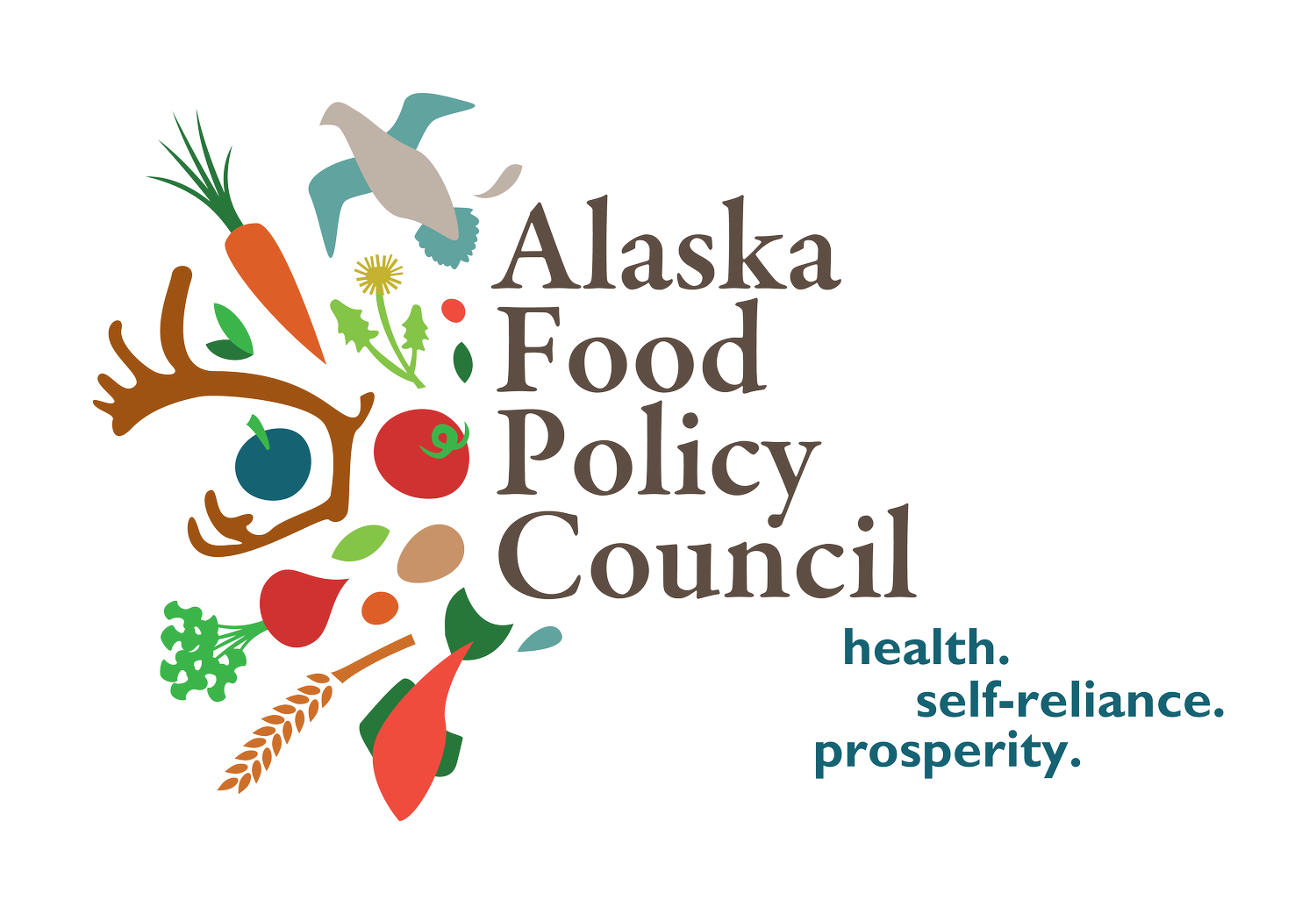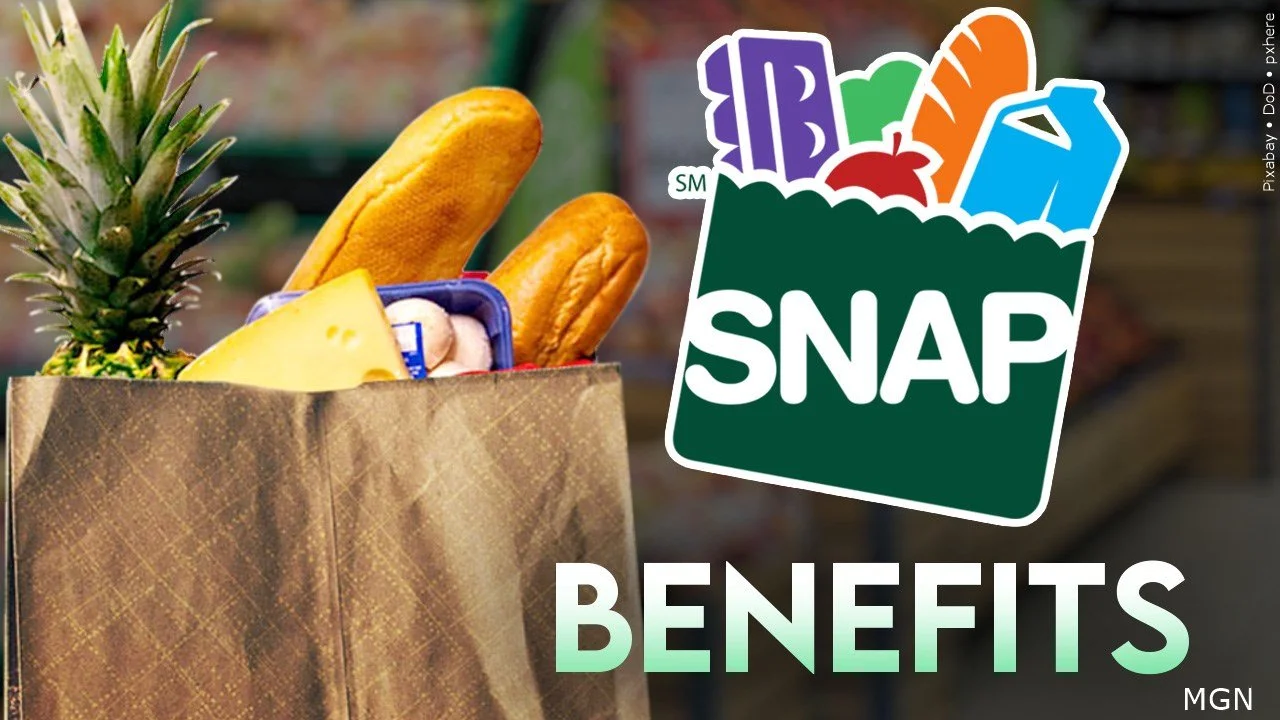Alaska Legislative Wrap-Up and Future Outlook
By Rachel Lord, Advocacy and Policy Director, AFPC
Session Conclusion
The 33rd Session of the Alaska State Legislature adjourned shortly after midnight on May 15. The final hours were marked by intense activity, with language from stalled bills merging into moving ones. This is typical, but the volume of policy packaging was notably high. Nearly all passed legislation is pending transmittal to the Governor, so there’s a chance that policies or budget items will be vetoed (he will have 20 days, excluding Sundays, once he receives the paperwork).
A lot of bills passed the Legislature addressing our food system - we’re excited to review the session alongside our 2024 policy priorities.
Ensure and Improve Food Accessibility & Security
SNAP Improvement: Broad-Based Categorical Eligibility passed, with extensive legislative discussion on implementation and financial impacts, supported by broad stakeholder involvement.
SNAP Improvement: Additional staffing at the Div. of Public Assistance, reducing the potential for another backlog for people trying to access food support.
Food Bank & Food Pantry Funding: The budget allocated $3M for food banks, split between the Dept. of Health and the Dept. of Commerce, Community, and Economic Development. Check out the new DCCED grant program here.
Military and Veteran Hunger: A Military & Veteran Family Help Desk was created in the Dept. of Military and Veterans’ Affairs to improve resource access.
Medicaid Waiver: The Dept. of Health can apply for an 1115 Medicaid Waiver to support nutrition-based health services.
Unaddressed AFPC Priorities:
Increased capacity for child nutrition programs in the Dept. of Education and Early Development.
Implementation of Free School Meals for All, which lost funding in the final budget.
Sustainably Grow ALaska’s Agriculture Industry
Agriculture Revolving Loan Fund (ARLF): Legislation updated ARLF to include in-state manufacturing, animal feed production, and shipping costs as eligible activities. Loan amounts were increased, but the number of BAC members required to make decisions was reduced, raising concerns about Board engagement.
Budget: No additional funding was provided for ARLF, the Agriculture Forgivable Loan Program, or related staffing and research programs.
AFPC continues to advocate for strategic state investments in agriculture, similar to those in other strong industries like seafood, tourism, oil, gas, and mining.
Improve Coordination to Reduce Barriers for Alaska’s Food Transportation and Distribution Systems
Supply Chain Logistics: Senate Joint Resolution 20 provided an excellent overview of many challenges to moving food around the state off the road system, and was a good segue into further discussions. Moving forward, AFPC is committed to helping facilitate a statewide Food Supply Chain Coordination Council to better understand, inform, and strategize how we can strengthen and improve across sectors.
Alaska Marine Highway System (AMHS): We at AFPC want to better track and understand AMHS funding and operations, crucial for Southeast Alaska food transportation. This was a big issue that we didn’t follow closely during the session, and we look forward to working more closely with partners in the future.
Tribal Sovereignty in Food System
Mariculture and Land Leases: The mariculture lease bill (HB 329) passed, preserving existing language on traditional uses. Other state land use/lease policy proposals stalled (HB 282/SB 199). None of these proposals spoke directly to Tribal consultation or highlighted Tribal representation.
Subsistence Use: Discussions on proposed House Joint Resolution 22 highlighted the need for more stakeholder input and continued advocacy for subsistence access and Tribal rights. The operating budget retained the Governor’s request to increase staff for “Statehood Defense in Federal Subsistence Board Arena.” We will continue to engage with partners to advocate as an ally for Tribal sovereignty in Alaska’s food system.
Alaska-Sourced Food Procurement
Provisions in the Governor’s CROP Act to increase state procurement of Alaska-sourced foods did not pass. While we at AFPC are excited about improvements in procurement provisions, there is a lot of groundwork needed to make this effort successful. Understanding the details, broad stakeholder engagement and clear strategies for long-term success are all important to develop alongside this goal. This is definitely something that we would like to engage on further prior to the start of the next Legislative session!
Additional Agricultural Policies
Farm Tax Exemptions: Changes to municipal property taxes for farm use land and structures were enacted. We are interested in how this plays out across municipalities. This law makes changes to both mandatory and optional municipal property taxes around farm use land and structures. We will be following up with the Alaska Municipal League and property tax assessors in different boroughs to better understand how this will be implemented.
Food Freedom: We are connecting with the AK Department of Environmental Conservation, the Alaska Farmers Market Association, the AK Cooperative Extension, and our Food Hub Working Group to partner in outreach and understanding this new law.
Photo Credit: Arctic Harvest Deliveries
Looking Ahead
As we review the passed legislation and budget, we are both excited to track the impacts of these new policies and also we’re looking ahead to help craft a strong food policy package for the 34th Legislature. This summer, the state administration will develop policy and budget proposals for the fall. We are eager to help develop a robust food policy package that we can support going into the next session. Please share your questions and stay tuned for updates!








